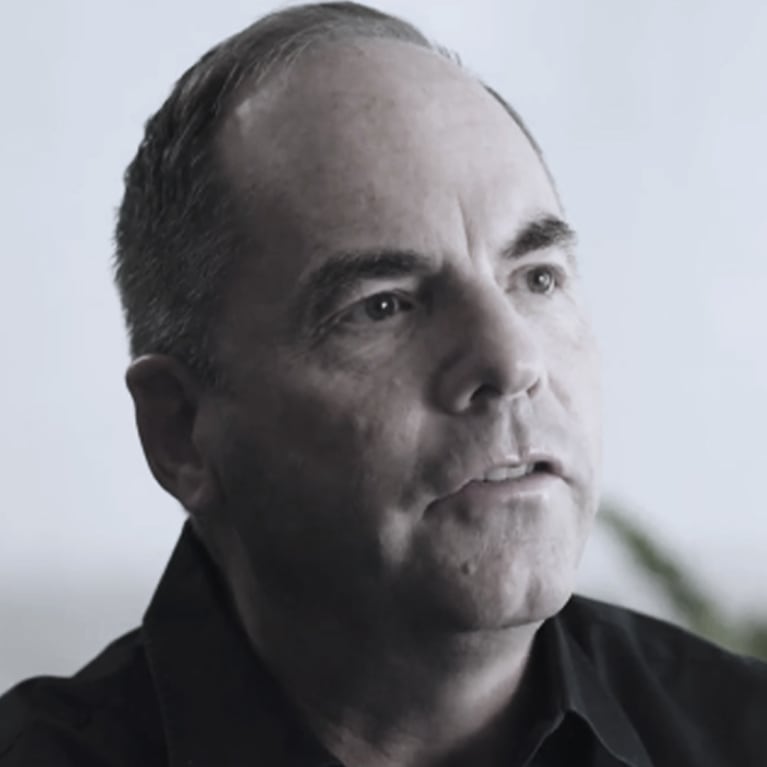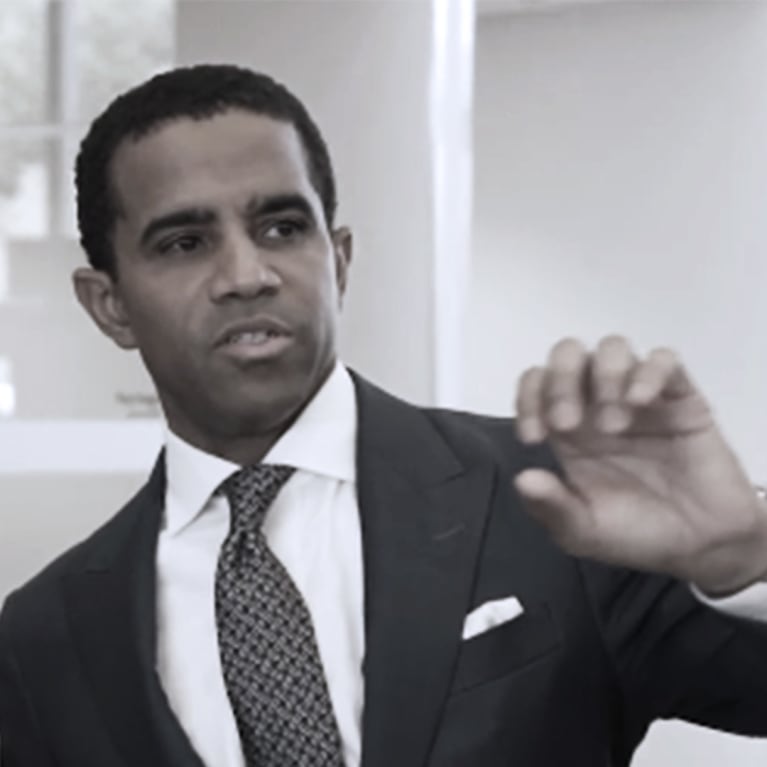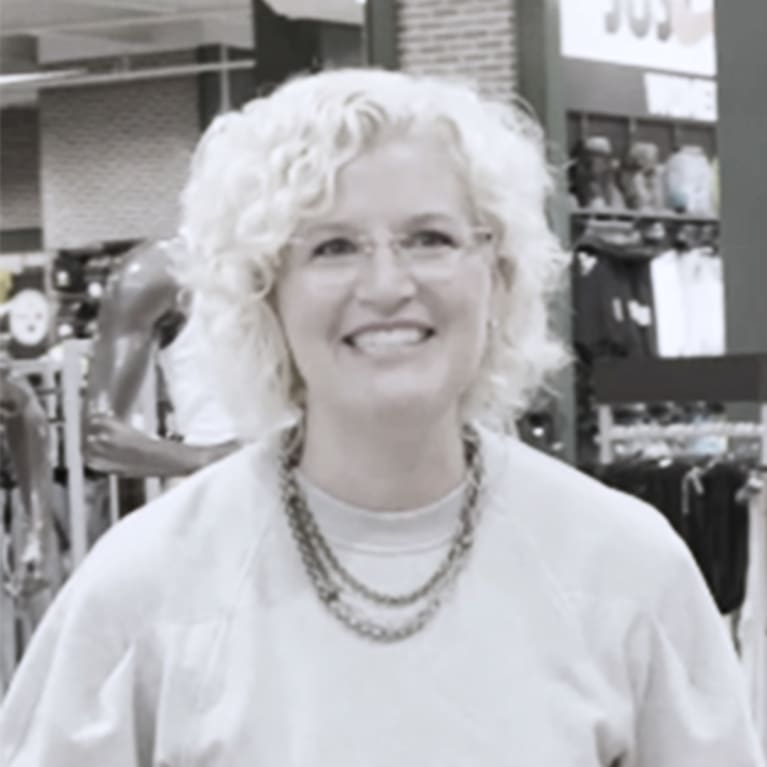Building Belonging: How Companies Are Using Pandemic Lessons to Grow Inclusive Cultures
A film featured at the SHRM Executive Network's Visionaries Summit 2022 highlighted a handful of employers that are using lessons from the pandemic to build stronger employee connections.
For all the troubles it dropped on the American workplace, the pandemic also triggered a flurry of innovative HR and employee relations ideas that organizations continue to benefit from today. Many of those initiatives revolve around ways to help employees connect to each other—and to the organization's culture—in this suddenly disconnected workplace.
A new short film featured at SHRM Executive Network's recent Visionaries Summit 2022 highlighted a handful of companies and their efforts to build belonging and a more inclusive culture in a post-pandemic world, including:
Salesforce: Connection Via Communities
"The world has been through trauma, but the fact is, we learned a lot," said Brent Hyder, the chief people officer at Salesforce. "But now we're saying … wait a minute, we need to get super connected. We need to be connected in our culture. The pandemic changed all of that."
 Hyder said team connections are still the number one ask from Salesforce employees. Last year, Salesforce established an employee experience team whose entire goal is to ensure employees are connected and engaged. One key step: encouraging—and making it easier for—employees to find connections within all three of these professional communities:
Hyder said team connections are still the number one ask from Salesforce employees. Last year, Salesforce established an employee experience team whose entire goal is to ensure employees are connected and engaged. One key step: encouraging—and making it easier for—employees to find connections within all three of these professional communities:
- Immediate team (colleagues who work together daily). As colleagues become more dispersed, organizations need to be more proactive to ensure that employees make those all-important connections.
- Local community (colleagues who live in the same location). Only 40 percent of Salsesforce employees work near their managers, but 75 percent live near a Salesforce office. And almost all live in a city with another Salesforce employee. The company consciously brings those people together in various ways.
- Affinity groups (colleagues who share similar identities and interests). Salesforce has 13 different employee resource groups, and half of their employees are part of a group.
"Connecting with multiple communities is a really important part of where we're going next," said Hyder, who is the global sponsor of the company's LGBTQ affinity community. "The difference between us and maybe some another employer is that it's a requirement here. You don't come here just to build product. You actually come here to do that, plus do good."
Hyder said that an employee survey during the pandemic found that, for the first time, managers were cited by employees as the number one source of company information. As a result, he said, the company "doubled down" on new and more management training.
"Over the last 12 months, 24,000 managers at Salesforce have gone through our leadership pathways, our mentoring programs and our coaching programs that help them be a much more empathetic leader. And that is by far the most important part of this," he said.
Mercedes: Making Sure Employees 'Don't Get Lost'
Like a lot of companies, Mercedes got more serious about listening to employees' wants and needs during the pandemic.
"In the past, it was the leaders who were driving, and everyone was in the back seat or passenger side. It's now a combination of leader and employee. … Having [employees] helping us co-pilot where we go is critical," said Lars Minns, CHRO of Mercedes-Benz USA.
"As leaders, we have to ensure that our employees don't get lost," Minns said. "Work is getting done, and our employees are being productive, but how are they coping?"
The company has been working toward a goal to reshape its culture to become more inclusive. Among its efforts:
- Crucial conversations. During the pandemic, Mercedes started an initiative called Crucial Conversations to bring employees together to discuss difficult issues. "We wanted to talk about mental health. We wanted to talk about racial inequality. We wanted to talk about very tough things that are more appropriately discussed in an intimate environment," Minns said.
- More town halls. Mercedes began hosting a "very consistent cadence" of town hall meetings during the pandemic to make sure all employees had the correct and most up-to-date company information.
- Shadowing days. On a quarterly basis, middle managers now get a chance to participate in Shadowing Days with executives to learn what it takes to take the next career step.
"None of this is really rocket science. But I think what's been most revealing is that it doesn't have to be out-of-the box [initiatives]. It just has be consistently committed to," Minns said. "The end goal is to ensure that anyone that's part the overall fabric of our company feels like they're not only there for the purpose of the organization but also has a chance of a lifetime to transform that business. And in transforming that business, transform themselves."
Dick's Sporting Goods: Building a Circle of Trust
Soon after the pandemic hit in spring 2020, Dick's Sporting Goods was one of the first retailers to reopen its doors. That left a lot of anxious employees who were worried about interacting with other humans and catching COVID-19. 
"We found that our employees needed a safe space to engage and talk," said Julie Lodge-Jarrett, the chief people and purpose officer at Dick's. "So we created literal circles for dialogue where we brought teammates together to talk about anything and everything that might be on their minds that day. It was incredible insightful for us from an HR standpoint."
Over the past two years, Dick's has formalized the dialogue circles structure: 30-60 minute meetings limited to 10 employees sitting in a circle or in a Zoom meeting. One employee facilitates the discussion, but it doesn't have to be an HR representative or manager—just someone who can keep the discussion on track and respectful. The meetings now touch on everything from racial justice to pronouns to the company's recognition program. (Learn more)
The pandemic also led Dick's to launch a Teammate Relief Fund that helps employees who are struggling financially. In less than a year, the company has given more than $300,000 to employees in financial distress.
Lodge-Jarrett said the pandemic led to a lot more sharing among HR professionals to identify solutions to problems in their own companies.
"Many of the things that we've implemented—whether it's the concept of dialogue circles or our Teammate Relief Fund—have come from me and our team connecting with colleagues across industries and within the HR community and learning and sharing with each other," Lodge-Jarrett said.
Was this resource helpful?



